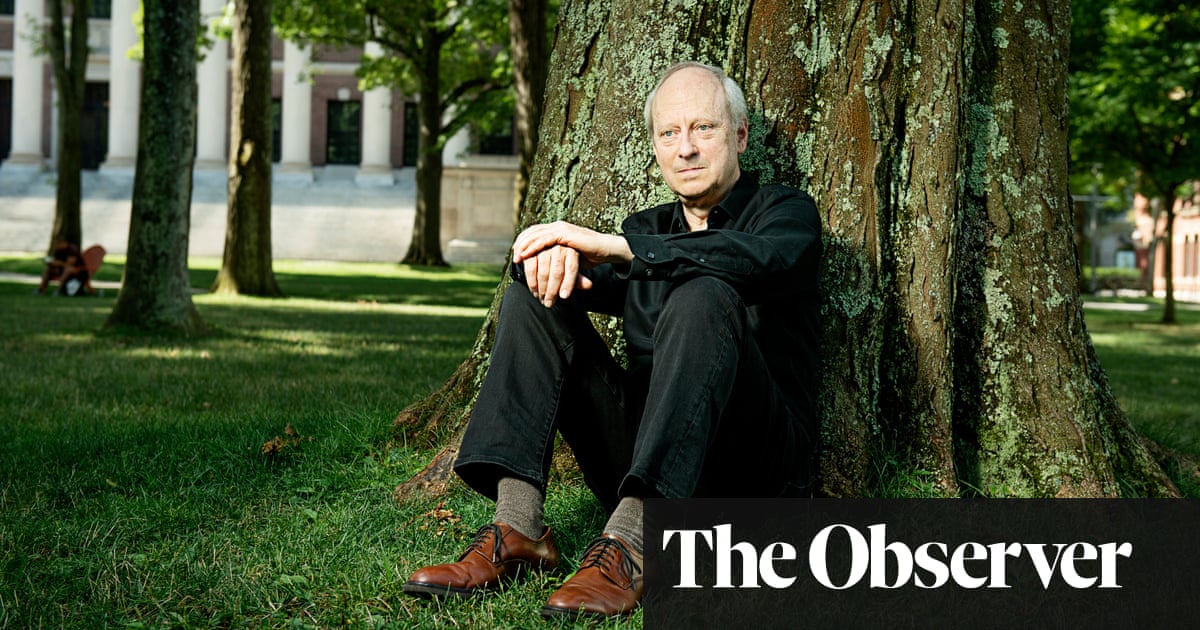The Monolith and the Quid Pro Quo
Lately, I’ve been reading Anne Helen Peterson’s Can’t Even: How Millennials Became the Burnout Generation (as always: an affiliate link). I’m a millennial. Barely. As I read the book, I find myself nodding along. “Yes…I totally feel that.”
One of Peterson’s claims is that we have shifted the burden of training qualified workers from the company to the individual. Long ago, companies spent money to train workers rather than expecting workers to come to them with degrees, degrees the individuals had paid for. This happened in my own family. My grandfather was hired by Hughes Tool Company in the middle of the 20th century. Hughes paid for him to get an associate’s degree from the University of Houston so that he could learn how to design drill bits for oil wells. He graduated debt-free and with a job.
As we think about the world we’re creating for our students, we have to think about what we’re sending them into. This has become even more pointed in recent months. The ailing economy, damaged by COVID-19, creates a rather gloomy prospect for young graduates seeking their first job. The burden of student loans exacerbates things. In many ways, the result for this generation could be similar to what millennials saw when they graduated into a job market wrecked by the 2008 financial crisis. Many moved back in with their parents and were dubbed lazy and entitled. In reality, of course, they simply had no way to get a job in the middle of an economic free fall.
For me, this all raises the prospect of the quid pro quo of college preparatory education. I asked some students this week why they were in school. The standard reasons came back: “To get into a ‘good’ college so that I can get a ‘good’ job and make some money.”
But is this what education is really for? How do we define that word “good” in the above statement? If the goal is simply to make money, higher education is one route to that, but it’s not the only one, and it’s far from guaranteed.
This is where we have to stay rooted in our principles: education is more than a quid pro quo with a paycheck guarantee on the other end of 16 years of jumping through hoops.
So many of us work for institutions that seek to create “lifelong learners.” If this is truly our goal, then we have to think about how we go about doing that. What are we doing to fulfill this part of our mission? How are we stoking the flames of curiosity into a never-ending conflagration?
To be honest, this afternoon, I turned in my first quarter grades. This always makes me sad because I know so many of my students will focus on it more than anything else. Instead of asking what they can learn and thinking about what new and wonderful things they can do, they just want to know what’s the letter on the transcript.
It’s got me thinking about how we report what we value and how we help students and their families understand the value of their education as far more than a gateway to college and some level of financial comfort.
The system is a monolith. How do we disrupt it?
In a million tiny ways every day. Let’s share our best ideas and learn from one another!
This Week on ROOTED

From Around the Web
This week’s articles from around the web run the gamut from the boldness of a superintendent in Evanston to the ways in which “unschooling” can help us think about pandemic education. While we loved all of these articles, Michael Sandel’s philosophical assault on the meritocracy presents something truly new to the ROOTED Weekly subscriber:
"Credentialism has become the last acceptable prejudice."
— Michael Sandel
In his new book, The Tyranny of Merit (affiliate link), Sandel argues that we need to rethink the way that we mete out esteem for certain professions and not others. Thought-provoking, especially for those of us who work in so-called “college prep” environments.
- What are we really trying to do?
- What is the purpose of education?
- What is merit?
Here's a collection of thoughtprovoking articles on education and related topics. Enjoy!






Favorite Tweet This Week
I can’t even begin to explain this. But it popped up in quite a few feeds and feels like a worthy distraction from the actual state of things:
Studies have shown that listening to the sound of beavers enthusiastically munching on white cabbage can temporarily reduce stress levels by up to 17%. pic.twitter.com/g8jcoCYeHP
— Dick King-Smith HQ (@DickKingSmith) September 28, 2020






Comments